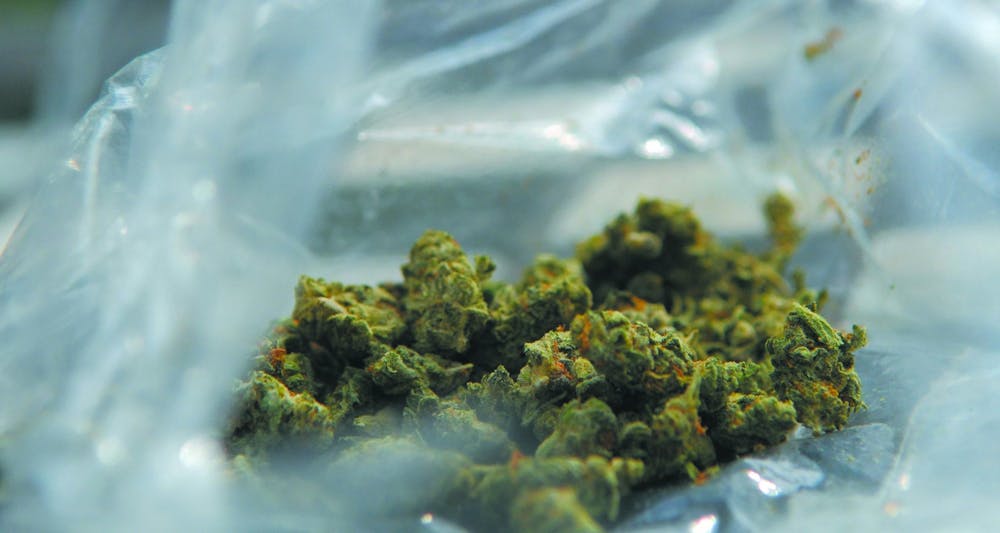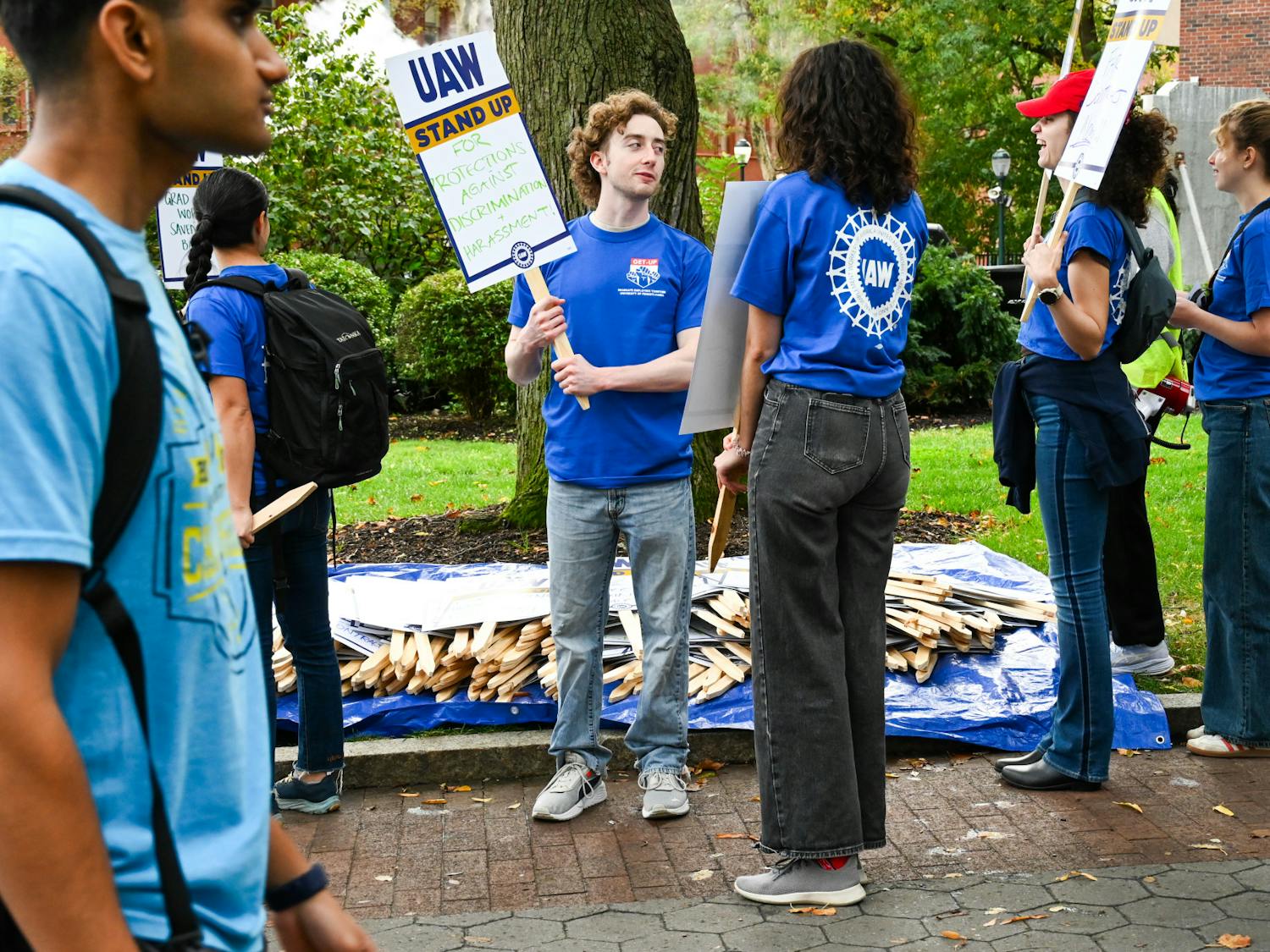New Jersey residents approved a constitutional amendment to legalize recreational marijuana in Tuesday's election, which The New York Times reported will put pressure on Pennsylvania.
The ballot question passed by a wide margin, according to preliminary results from The Associated Press. Under the new rule, possessing and using recreational marijuana will be legal for New Jersey residents 21 and over.
This amendment puts pressure on neighboring Pennsylvania, pushing lawmakers who support legalization to take action or risk losing the competitive edge to New Jersey in what could be one of the largest marijuana markets in the country, The New York Times reported.
The vote allows New Jersey to begin establishing rules related to regulating and testing cannabis and issuing licenses, including how many permits to grant, the Times reported.
The ballot question called for a 6.625% state tax on marijuana sales and permitted municipalities to charge an additional two percent tax, according to the Times. Most other implementation details will be determined by the Legislature and a Cannabis Regulatory Commission.
This could be a potentially time-consuming process. In Massachusetts it took over two years from the time voters approved recreational marijuana use for the first dispensary to open.
Once dispensaries finally do open in New Jersey, however, the state legislature estimates the new market could generate more than $1.9 billion in sales, yielding sales tax revenues of $125.6 million annually.
Supporters of legalization pointed to unequal arrest rates as a key reason to amend the state constitution, the Times reported. Black people are 3.5 times as likely as white people to face arrest for marijuana possession in New Jersey, according to the American Civil Liberties Union.
RELATED:
As Pa. moves toward marijuana legalization, Penn's ban remains
Penn study finds few patients receive critical follow-up care after an opioid overdose
Marijuana possession and other minor drug charges can carry significant collateral consequences, disproportionately affecting Black and Latinx people, according to a report from the ACLU. These can include eviction, losing children in family court, deportation, and loss of disability, income assistance, and nutrition benefits.
Arizona, Montana, and South Dakota all voted to pass similar ballot measures legalizing the use of recreational marijuana, the Times reported.









